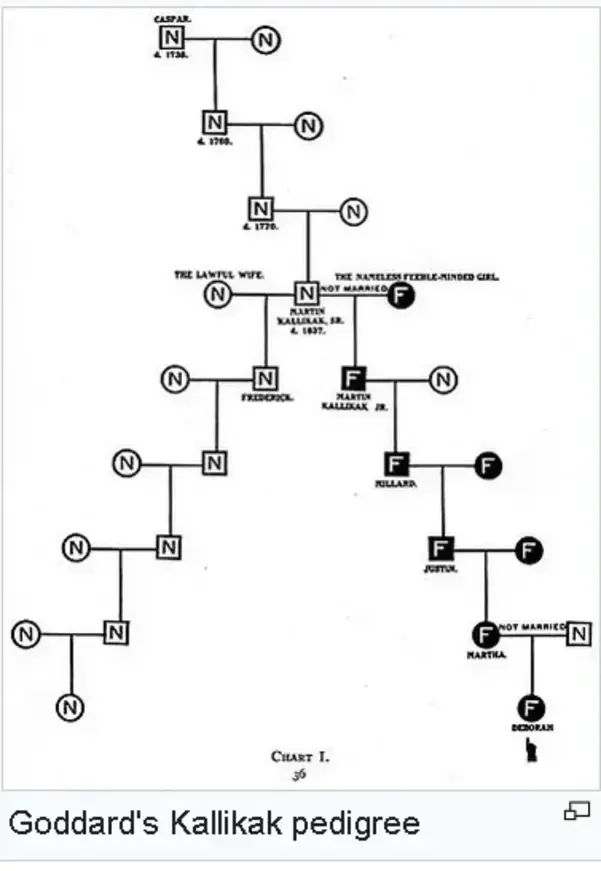
by Bruce O’Hara
September 1, 2024
I have just finished reading Charles King’s Gods of the Upper Air. The focus of King’s book is the life of the pioneering German-American anthropologist Franz Boaz, and the ground-breaking generation of female anthropologists that grew up under his tutelage, most particularly Margaret Mead, Ruth Benedict, Ella Cara Deloria, and Zora Neale Hurston.
When Franz Boaz started studying anthropology in the 1880’s, all anthropological artifacts were divided into three basic categories: “Savagery” for hunter-gatherer groups, “Barbarism” for more complex tribal groupings like the Iroquois, and “Civilization” for European imperialists. Human progress was seen as a straight line development between those three states.
Women were not allowed to vote, or even attend University. Though official slavery had ended after the Civil War, the US remained one of the world’s most racially segregated societies.
Boas did his first ‘fieldwork’ living among the Eskimos of Baffin Island, and was one of those who established ‘fieldwork’ – living among those you were studying for months at a time, learning their language and asking huge numbers of questions about how that group saw reality – as the foundation for modern anthropology. From his earliest days, he challenged the hierarchical model of human progress, arguing first that the anthropological evidence indicated that pretty much every culture on Earth saw itself as the pinnacle of human development, and second that seeing one’s society as superior blinded anthropologists to understanding the wisdom, coherence and effectiveness of cultures different from our own.
Read More HERE


